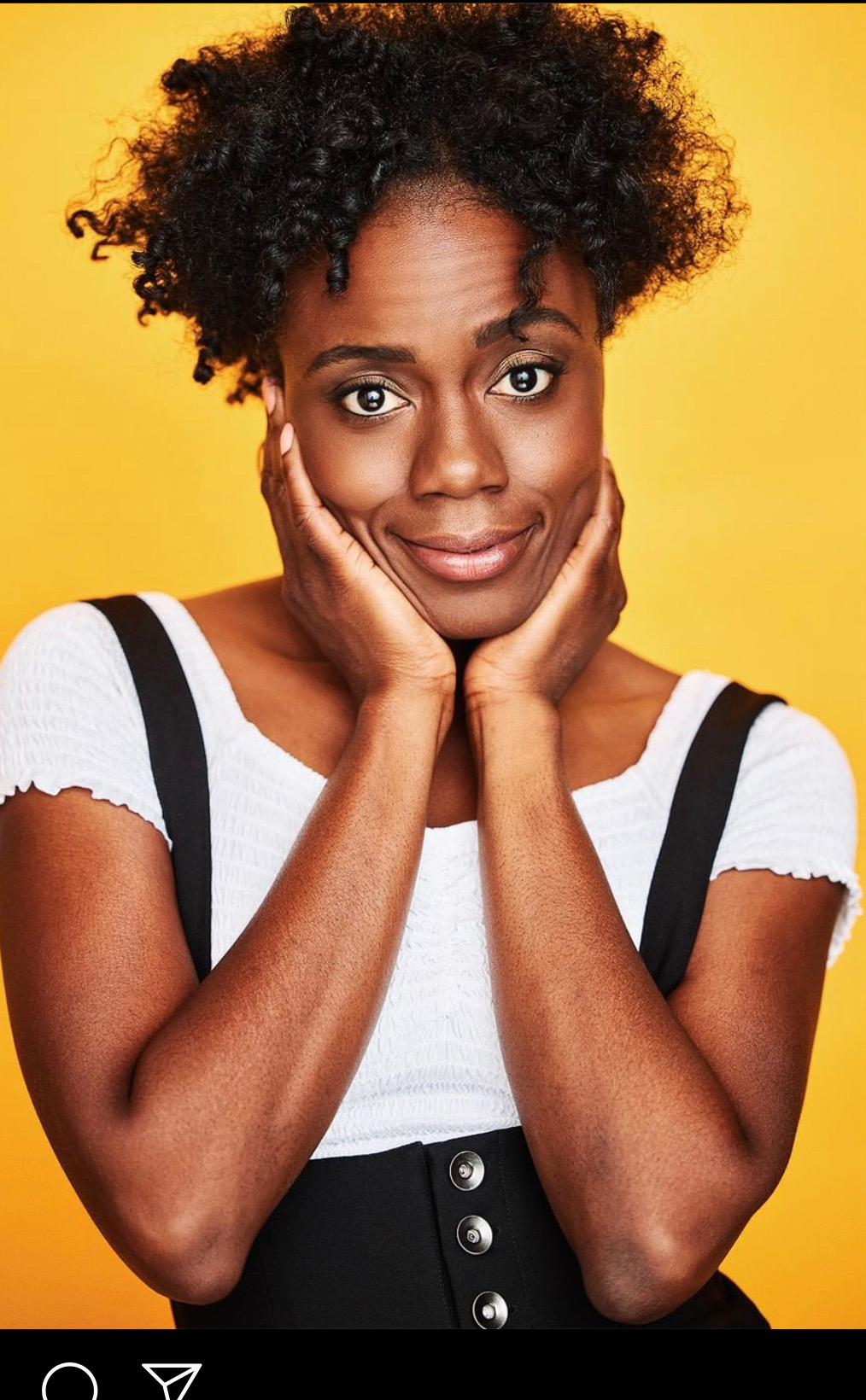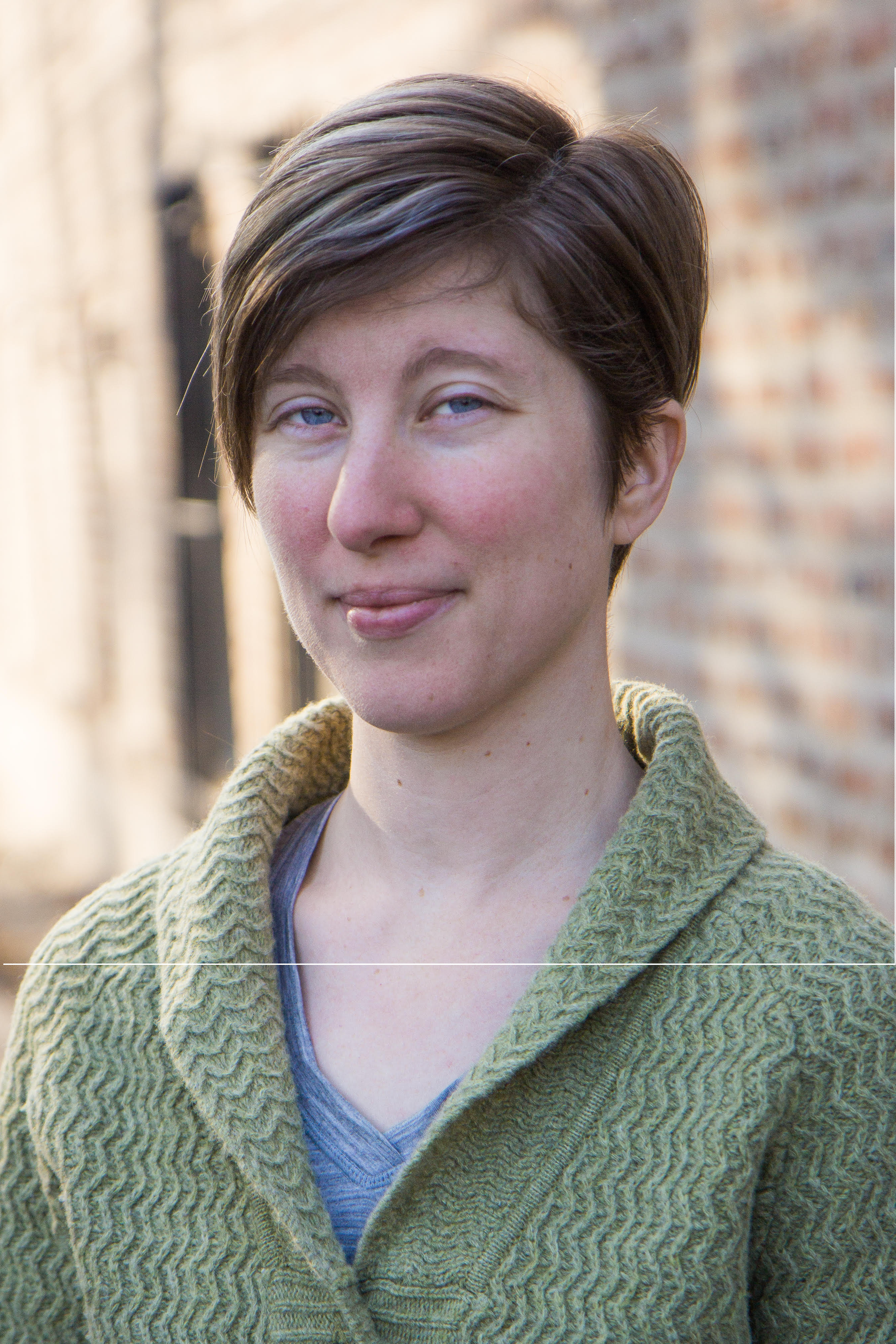Finding Your Laughter follows Chicago comedian Arlieta Hall who is learning to use her own resources—stand up comedy and improvisation—as tools for both her own mental health and to be a caregiver for her father who is fading from Alzheimer's disease.
SYNOPSIS
In her deeply personal documentary, comedian Arlieta Hall reveals the complexity of being a caregiver. She channels her creativity in many ways, including spending slow, quiet time caring for her dad at his home as well as telling her stories on the comedy stage. Through intimate verité footage filmed by co-director Brittany Alsot, Arlieta’s raw self-tape confessionals, and comedy show footage, Arlieta breaks the taboo around Alzheimer’s, bringing awareness and offering comedic storytelling tools for dealing with a relative with Alzheimer’s, which is a problem so many people struggle with in silence, especially on Chicago’s under-resourced Southside.
The film follows Arlieta, her father Milton, and Charmaine (Milton’s wife and fellow caregiver) through the ups and downs of daily life. Milton often thinks he’s the principal and Arlieta is the student and Charmaine is his secretary who gets the day off. Through family photos and reminders of his past exploits in music and religion, Arlieta travels with Milton between the past and present.
In the US alone, nearly one in five Americans provided unpaid care to an adult with functional or health needs in 2020 and yet 23% of Americans say caregiving has made their health worse (AARP May 2020). When caregiving ends up being harder than she expected, Arlieta turns to improv and learns to treat Milton like her scene partner by supporting whatever role he plays in the moment. This could be principal/student, officer/truant, father/son, or—in more lucid moments—father/daughter. At the beginning of Finding Your Laughter, we see Arlieta using improvisation in a subtle conversational way which allows her to enter the world of confusion with Milton by supporting what he says to validate him. We see Milton start conversations that go all over the place and Arlieta consistently employs the “yes, and…” technique that is the cornerstone of improvisation to keep him engaged. Through watching Arlieta and Milton interact in the verité and cell phone footage, the audience witnesses how to be patient and supportive to a person with Alzheimer’s, even if they have no idea what this person is saying.
At the same time that Milton’s health is declining, Arlieta’s career is ascending. She becomes an improviser, sketch and stand-up comedian who performs comedy about her father and her life, both of which provide her emotional relief. By sharing these real-life stories, she finds new success and connection with audiences. We will see Arlieta, with the help of her “bonus mom” (step-mom) Charmaine, working on developing and expanding the material she performs at each stand-up show. When Arlieta needs to process something that happened with her dad, she crafts it into a joke and workshops it on the stand-up stage—allowing her to change the story into something positive and return to working with Milton with patience.
Eventually, Arlieta and her ‘bonus mom’ Charmaine must provide 24/7 support. In effect, Arlieta says through tears, the father she loves has become a 2-year-old. We will see through Arlieta’s own filming of daily struggles how, after some time, improvisation isn’t working anymore and has become tricky for Arlieta and Milton as it is harder for him to engage with her. Instead of using complete sentences Milton begins to use gibberish and eats with his hands. Due to Alzheimer’s, he doesn't sit long and wanders off, which makes it frustrating for Arlieta to care-give and communicate with him. When alone, Arlieta gets real about her struggles with her own exhaustion, anger, and despair. We see her raw emotions expressed in the unflinching video diaries, as well as how she remains committed to caring for her father with grace, respect, and laughter.
The film is not trying to sugarcoat Alzheimer’s or the gritty and exhausting reality of caregiving; we are shedding light on how hard it can be. As Arlieta keeps turning to comedy, the audience finds relief along with her, and a new improvisational perspective on life opens up: one that acknowledges that laughter doesn’t cure all ills, but by taking in life’s fullness, we can stay in the moment to find meaning and healing.
Director Statement
Arlieta Hall: I am an improviser, and a stand up comedian. I decided to make this film because I wanted to show the unique relationship and way I care for my father who is a person living with Alzheimer’s. I also wanted to show caregivers the balance of patience, laughter, and creativity needed to care for a person living with Alzheimer’s. I originally made small snap chat videos of my father and I, and my followers would comment, “We love to see it. We want to see more of you and your father!” This film is dear to my heart and has forced me to be real with myself and to heal.
Brittany Alsot: I am always seeking honest and kind collaboration, which is why I work with Arlieta. I started filming "Finding Your Laughter" because she wanted me to capture her dad while he was still pretty lucid. We thought maybe we could make a few short videos to show people what she does and help with educating other caregivers. However, as I watched the footage, the dynamic between Arlieta and her dad really struck me. There wasn’t a shortcut to telling this story while showing the powerful way Arlieta uses improv and laughter not only to get herself through challenges, but also to help Milton re-connect with himself and his values.
With this film we want to end the stigma surrounding Alzheimer’s by sharing effective tools to communicate, support, and empathize with people living with Alzheimer's.
Supporter Statement
“This team out of the Chi have found a way to laugh in a healthy, cathartic way from facing the all too real battle of dementia on the home front.” - Dave Woods, Producer, 8th Cinema
ABOUT FILMMAKER(S)
 Director Arlieta Hall
Director Arlieta Hall
Arlieta Hall (Executive Producer, Director, Writer, Protagonist) is a host, actress, improviser, stand-up comedian, writer, and a first-time filmmaker from Chicago. She is one of The Second City NBC Bob Curry Fellowship recipients who recently co-starred as Sadie on Showtime’s The CHI episodic, and a co-producer of the comedy variety show My Best Friend is Black. Next up, she will be a writer and performer in The Second City’s 2024 Black Excellence Revue. This is her first film.
 Director Brittany Alsot
Director Brittany Alsot
Brittany Alsot (Producer, Director, Writer) first learned the power of personal storytelling working at Seattle Children's Hospital as a protege of Academy Award shortlisted director Mike Attie. She continues to focus on work that impacts underrepresented communities, including making marketing and campaign videos for social justice organizations. Her fiction shorts have screened at queer and feminist film festivals across the country, and internationally.
RELATED LINKS
PROMOTE THIS PROJECT
Put a donation widget on your site. Click here for code.
ABOUT YOUR DONATION
Women Make Movies (WMM), Inc. is a 501(c)(3) non-profit media arts organization registered with the New York Charities Bureau of New York State and accepts charitable donations on behalf of this project. Your donation will be spent by the filmmaker(s) toward the production and completion of this media project. No services or goods are provided by Women Make Movies, the filmmaker(s) or anyone else associated with this project in exchange for your charitable donation.
Your contributions are tax deductible to the fullest extent of the law, and a confirmation of your donation will be sent via email. WMM will send you an acknowledgement letter in the mail to the address listed for tax purposes.
